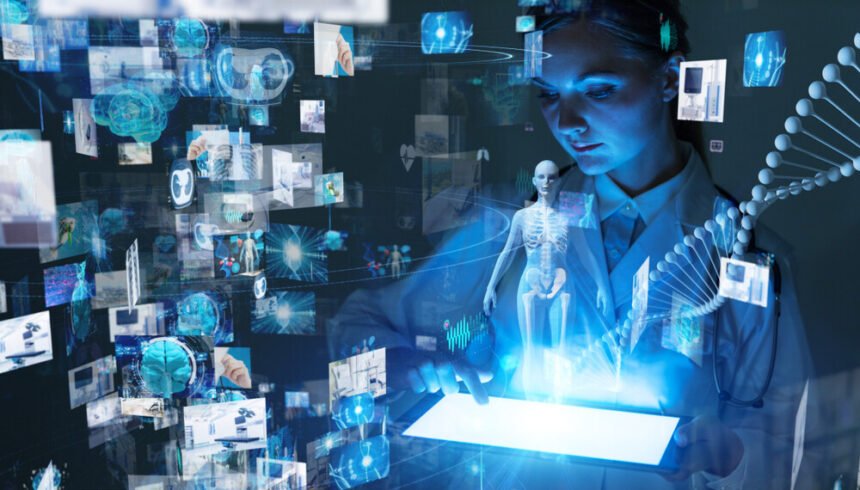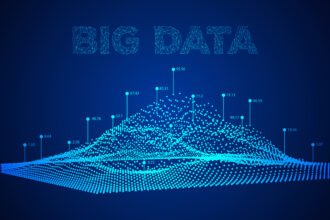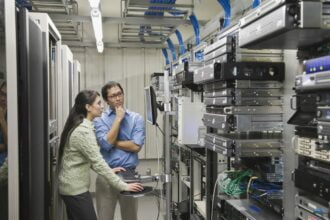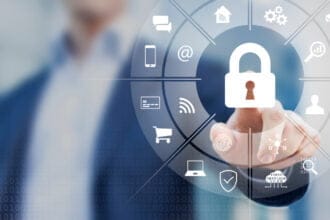Prior to the introduction of IoT, patient interactions with doctors were limited to office visits, telemedicine and text communication. There was no way whereby doctors or hospitals could constantly track the health of patients and make recommendations accordingly.
The IoT-enabled devices have made remote monitoring a reality in the healthcare sector, unleashing the ability to keep patients safe and secure, and enabling doctors to provide superlative treatment.
It has significantly increased patient engagement and satisfaction levels since interaction with doctors has become easier and efficient. IoT also made a significant impact on substantially lowering health-care costs and improving patient outcomes.
IoT is undeniably changing the healthcare landscape by redefining space of devices and people interactions in providing healthcare solutions.
No other industry vertical has more potential for IoT than healthcare. IoT healthcare applications can capture patient data, automatically process it, identify disease precursors and help prevent progression in the early phases itself.
The IoT healthcare market is expected to hit $534.3 billion by 2025, according to a latest report.
Infact, around 73% of hospitals which embraced the Internet of Things, witnessed a monumental rise in rapid diagnosis.
IoT is taking patient care to a whole new level. To aid medical professionals, medical IoT is actively integrated into hardware and software’s for healthcare.
Internet of Medical Things (IoMT)
The Internet of Medical Things (IoMT) provides a lot of opportunities and possibilities to the healthcare industry. IoMT stands for devices that can capture and share information via the internet, either with users or other devices, and are used to allow doctors to be more aware of a patient’s condition on a real-time basis. Experts claim that IoMT is expected to hit $136.8 billion by 2021.
IoMT’s primary role is to monitor patient symptoms and alert the doctor in the event of an emergency. IoT spans many things in the healthcare field such as wearable devices, drug tracking system, medical supply chain, remote patient monitoring, and more.
Owing to the continuous monitoring of health changes, IoMT can help improve the accuracy of diagnoses. IoT healthcare applications also help users remain connected to doctors or nurses.
1) Reducing Emergency Room Wait Times
In addition to the associated medical costs, visits to hospital emergency rooms often take hours to complete.
Thanks to some recent innovations in medical IoT, New York City’s Mt. Sinai Medical Center, successfully reduced waiting times for 50% of their emergency room patients who are in need of an urgent treatment.
It’s a highly effective system, highlighting some of IoT’s most innovative and exciting uses.
2) Remote Healthcare and Monitoring
IoT plays a crucial role in remote healthcare and monitoring. Data can be captured in medical devices via sensors, and shared with medical professionals in real time. Severe diseases can be prevented from evolving, while monitoring progress for a chronic disease. Key indicators such as blood pressure, glucose levels and weight can be tracked remotely, for example.
Another example of IoT solution for mobile apps is the integrated Fall Detection system in Apple watch. It automatically detects if a user falls and displays an alert. The person needs to tap ‘I’m OK’ for a minute. Otherwise, Apple Watch calls emergency services, and alerts emergency contacts.
3) Enhanced Drug Management
Effective drug management is one of the key healthcare advantages of the Internet of Things. The technology behind IoT can administer the amount of medicine undertaken. Doctors can even monitor the dosage and track treatment effectiveness.
The Internet of Things even helps patients to send reminders when they should be taking their medications. In certain cases, the family member can be alerted if the patient hasn’t taken the medication on time.
4) Tracking Staff, Patients and Inventory
Many hospitals and medical facilities are shifting to IoT and real-time location systems for easy monitoring of assets. It is not just an affordable way of tracking daily activities in a hospital environment, but also unobtrusive, accurate and cutting-edge.
Sensor-tagged IoT devices are used to track the position of medical equipment such as wheelchairs, defibrillators, nebulizers, oxygen pumps and other monitoring equipment in real- time. Deployed medical staff can also be tracked in real-time at various locations.
IoT offers the ability to handle clinical operations in a more efficient manner. This effective management will help shorten waiting times and reduce hospital costs. It will also enable hospitals to use their resources, assets and infrastructure more efficiently and effectively.
5) Enhanced Chronic Disease Treatment
With wearables, sensors, data analytics and mobile opportunities powered by IoT, fighting chronic diseases becomes possible and accessible.
Chronic health problems need to be tracked and evaluated over long periods of time. This way, patterns in variations in the disease can be identified and juxtaposed for the most effective care.
Conclusion
IoT has the potential to bring about a real change in healthcare. These five highlighted IoT use cases are just the beginning, and it’ll be interesting to see how this technology is leveraged to transform healthcare for the better.
From improved patient care to efficient equipment management, the exciting use cases of IoT are on a rise.











